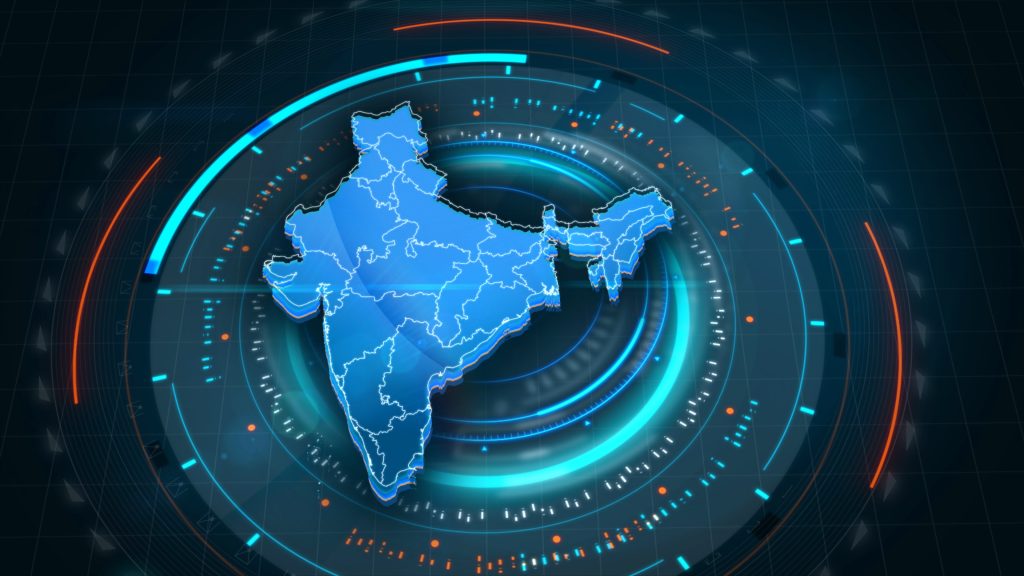India Stack bringing digital access across Africa
The India Stack, a digital public infrastructure enabling payments and biometric identification, has reduced corruption and empowers citizens. However, critics raise concerns about the potential misuse of personal data.

Bill Gates, co-founder of Microsoft, believes that the India Stack is a model for other countries seeking to boost economic growth and meet sustainable development goals. He argues that adopting similar digital public infrastructure (DPI) systems in Africa could bring millions of people into the financial system and improve state competence.
DPI systems allow for direct payments to individuals and could also help reduce corruption in Africa. For example, Nigeria is considering direct payments to minimize the impact of removing the petrol subsidy. The success of India’s cashless payment systems in reducing leakage and ensuring direct transfers to beneficiaries suggests that similar benefits could be seen in African countries.
While some African countries have been early adopters of digital technologies, implementing digital identification (ID) systems has lagged. MOSIP, an open-source ID group, has provided advisory support to governments in Ethiopia, Morocco, Sierra Leone, Guinea, and Togo to roll out their national identification systems. The MOSIP ID platform has been successful in the Philippines and Togo during the pandemic, facilitating targeted emergency payments to recipients’ accounts.
However, critics have raised concerns about the potential abuse of digital ID systems and infringement on citizen privacy.
Why does it matter?
The India Stack, which has been in operation for over a decade, allows the government and private companies to build apps, verify citizens’ identities, and transfer payments and private data through its open-source digital infrastructure. Implementing digital ID systems in Africa remains challenging, as most of the population lacks official identification.
